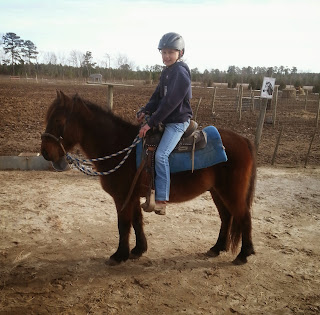Which brings us to my upcoming 100 mile in a day ride.
Seven years ago Terry and I rode 109 miles in seventeen hours. I am now sixty one. My health slipped during the pandemic. For the first time my semi annual checkup produced bad numbers in my blood work. As I have always done when I have needed to bolster my health, whether physical or emotional, I planned to set a difficult goal, work hard for it, achieve the goal, and then put one more success down in the books. By mid December I was getting in fairly good shape from a steady exercise regimen. I was looking forward to the end of deer season so I could condition my body and my horses to the degree that I could push myself through a 100 mile in a day ride.
Then the complications started. We had to stretch our hay by adding commercial livestock feed for all of our horses every day. I had some great help, but for most of the mornings I have spent time that I would have spent in the saddle feeding horses. Then came the biggest problem.
My left should has had flair ups of what might be bursitis, or tendonitis, the effects of arthritis, or maybe some damage to the joint itself. In years past I got a shot in my arm and it became functional again. I am in physical therapy and the pain is reducing and I can get some use out of the joint without it causing pain. It is getting better but it is not good.
As I have began to get serious about doing the 100 mile ride I chose a date about six weeks after my original date of late March. I have dropped at least 25 pounds and am getting the rest of my body in tolerable shape. Very well intentioned people, who have only my best interest at heart, have urged me to change it into a 100 mile in three days ride, or to postpone it until fall.
I can't allow myself to give serious consideration to either idea. I teach kids about riding, music, soil and water conservation, heritage breed livestock preservation, natural horsemanship, wild life habitat development, history, and microbial pasture development. But what really matters is that I teach kids to do things that they do not think can possibly be done. I teach kids to exceed everyone's, including their own, expectations.
Were I to make adjustments to the ride to accommodate my shoulder, my age, or my weight, it would not matter how eloquently I could urge them to take on the challenges that life throws them. They would have no choice but to look at me and know that I would have no place "In the Arena" that Theodore Roosevelt spoke so eloquently of.
Finishing the ride will not be a "manly" thing to do.
It is particularly disappointing that some might consider this to be a "macho" act of an old man trying to prove that he is still a man. The four virtues have no gender. Resilience is not merely a masculine affectation, it is, in fact, the most important of the virtues because resilience makes it possible for one to get up every morning, day in and day out, and do that which is right. .
If I begin the ride and cannot finish, the kids will know that I tried. If I begin the ride and injure myself, the kids will know that I tried. If the weather changes and a driving rain makes it impossible, the kids will know that I will try on another day--very soon.
But if I don't try, because my shoulder hurts, or I really did not have time to get in hard riding shape or whatever excuse one could come up with, the kids will know that I did not try. And some of them who face what might seem to be insurmountable problems will remember that I did not try. And some of them who have been taught by life that they just are not quite good enough will know that I did not try.
I really appreciate the concern expressed by those urging me to postpone or modify the ride. I spend a lot of my time telling kids to "try." That time will be wasted if I do not also show them how to try.




